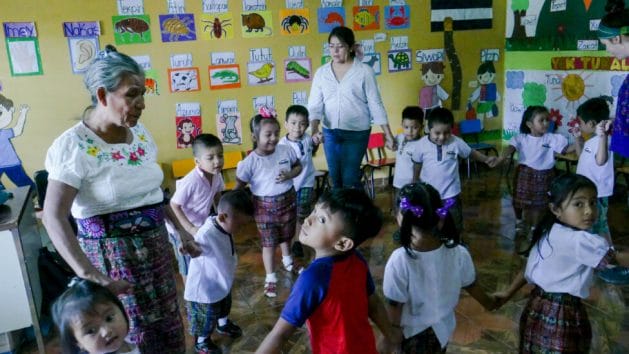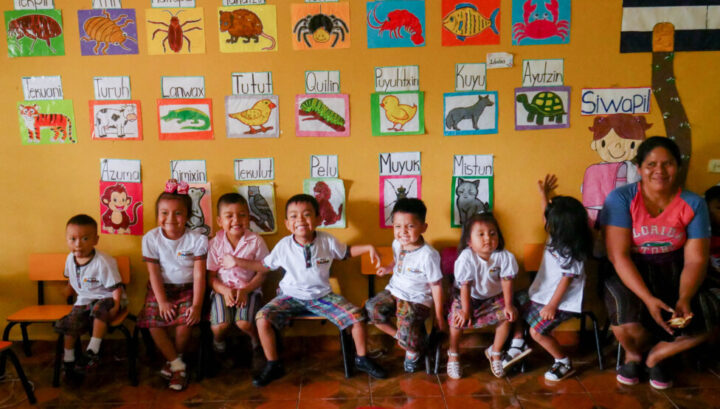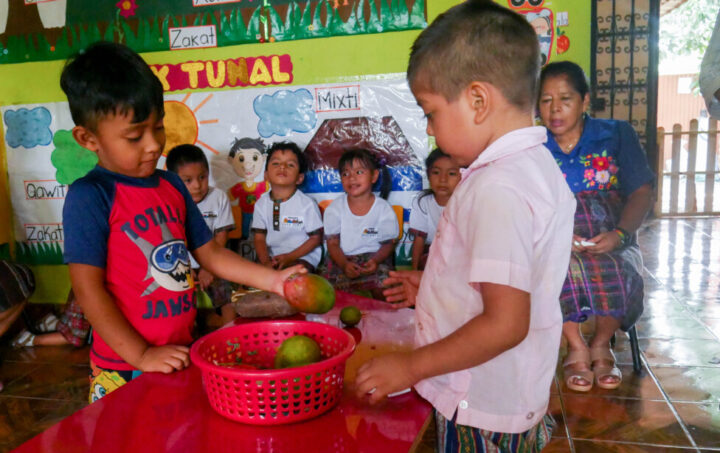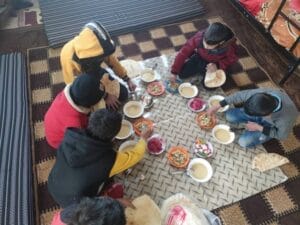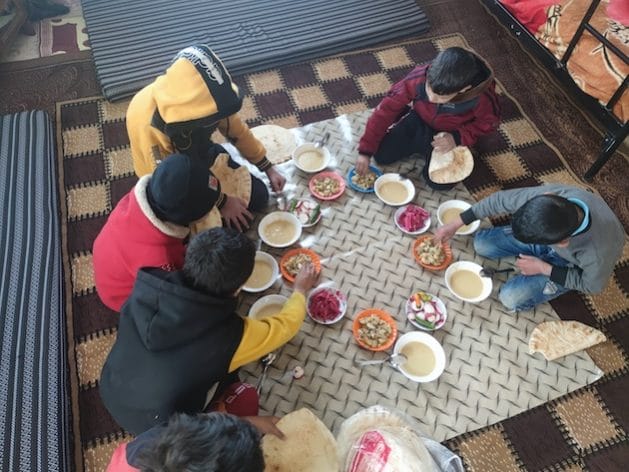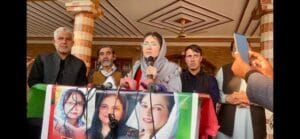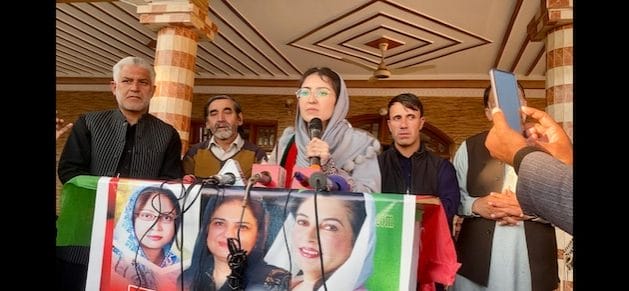
Asia-Pacific, Civil Society, Education, Featured, Gender, Headlines, Human Rights, Labour, Religion, TerraViva United Nations
–
CIVICUS discusses the exclusion of women from international talks on Afghanistan currently being held in Qatar with Sima Samar, former chairperson of the Afghan Independent Human Rights Commission (AIHRC). The AIHRC is the Afghan national institution devoted to the promotion, protection and monitoring of human rights. Its status is now a matter of contention: on returning to power, the Taliban decreed its dissolution, but the AIHRC refuses to abide by the decision due to the illegitimate nature of the Taliban regime.

Sima Samar
The meeting between the Taliban, envoys from up to 25 countries and other stakeholders being hosted by the United Nations (UN) in Doha, Qatar, has sparked an international outcry because Afghan women haven’t been invited. This is the third such meeting but the first to include the Taliban, who aren’t internationally recognised as Afghanistan’s rulers. Rights activists have criticised the UN’s approach, saying it gives legitimacy to the Taliban and betrays its commitment to women’s rights. They are calling for gender apartheid to be recognised as an international crime and for sanctions to be imposed on those responsible.
What’s the purpose and relevance of the third Doha meeting on Afghanistan?
The third Doha meeting was convened following a UN Security Council resolution that mandated an independent assessment of the situation in Afghanistan, with the aim of facilitating Afghanistan’s reintegration into the international community and the UN. The appointed independent expert, a former Turkish diplomat, conducted a comprehensive assessment. While it acknowledged the Taliban’s human rights violations, particularly against women, it did not sufficiently address issues such as the persecution of minorities and the erosion of democratic processes.
The UN sees these meetings as part of a plan for a peaceful Afghanistan that respects human rights, particularly for women and girls, and is integrated into the global community. But the decision to exclude women from these critical discussions is deeply contradictory. By accepting the Taliban’s conditions for participation in the talks, the UN is undermining its commitment to promoting inclusivity and gender equality.
Why are rights groups criticising the meeting and what are their demands?
Rights groups have been highly critical of the UN’s approach to the meeting for a number of reasons. First, they have condemned the exclusion of women from the main discussions. This exclusion directly contradicted the UN’s commitment to gender mainstreaming and its resolutions advocating women’s participation in peace processes. Second, there was a significant lack of transparency about the agenda and proceedings of the meetings, particularly the separate women’s session that followed the main discussions. This opacity fuelled concerns about the effectiveness and sincerity of the engagement.
Critics say the meeting focused mainly on economic issues, ignoring important discussions on human rights and women’s rights. This has raised concerns the UN is indirectly legitimising the Taliban’s harsh policies. Rights groups want future meetings to be inclusive and transparent and ensure women’s voices are heard. They want the UN to stick to its rules and not agree to demands that violate human rights.
What’s the situation of Afghan women under the Taliban?
Since the Taliban came back to power, the situation for women in Afghanistan has deteriorated dramatically. Women have been almost completely removed from public life, allowed to work only in very limited fields such as health and primary education, and then only under strict conditions.
Afghanistan is the only country in the world that prohibits girls beyond 11 to 12 years old from receiving education. Even below that level, there are severe restrictions, including the imposition of the hijab on young girls and a curriculum increasingly focused on religious instruction, which threatens to radicalise the next generation.
Women working in any capacity face severe economic discrimination. Their salaries are capped at unsustainable levels, making it impossible for them to live independently. When female health workers went on strike over these unfair conditions, the Ministry of Public Health refused to engage in dialogue.
The Taliban’s systematic discrimination places women in an inferior position in all aspects of life, from education to employment, perpetuating a cycle of oppression and marginalisation. There is an obvious gap between the goals of the Doha meeting, which aim to achieve a peaceful Afghanistan with human rights for women and girls, and the harsh realities faced by Afghan women under Taliban rule.
What should the international community do to support Afghan women?
To support women’s rights in Afghanistan, the international community must take a firm stand against the Taliban’s policies.
First, the Taliban should not be recognised as a legitimate government until they comply with international human rights standards, including those relating to women’s rights. Second, existing sanctions against the Taliban should be strengthened to pressure them to comply with human rights norms. Third, the international community should hold the Taliban accountable for their crimes, including rights violations against women, through legal mechanisms and continuous advocacy.
The plight of Afghan women is not just a national issue, but a global one that affects the stability and peace of the entire region. Ignoring women’s suffering will only perpetuate conflict and undermine efforts to achieve sustainable peace and development. The international community has a moral obligation to ensure the protection of Afghan women’s rights and uphold the principles of justice and equality in any engagement with the Taliban.
What should be done to ensure women are included in future talks on Afghanistan?
To ensure the inclusion of women in future international talks, it is essential that their participation is mandated at every stage of the dialogue process. Women must be at the table for all discussions, as their exclusion fundamentally undermines the legitimacy and effectiveness of the talks.
The international community should strongly reject any conditions set by the Taliban that violate human rights principles, particularly those that exclude women. Transparency is also crucial. Agendas and outcomes of meetings should be openly shared to ensure inclusiveness and accountability.
Civic space in Afghanistan is rated ‘closed’ by the CIVICUS Monitor.
Get in touch with the Afghan Independent Human Rights Commission through its website or Facebook page, and follow @AfghanistanIHRC and @DrSimasamar on Twitter.








